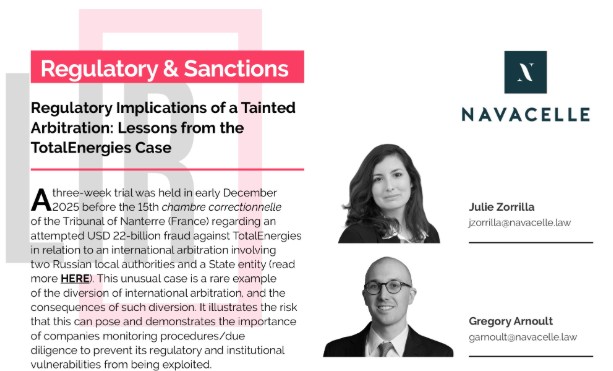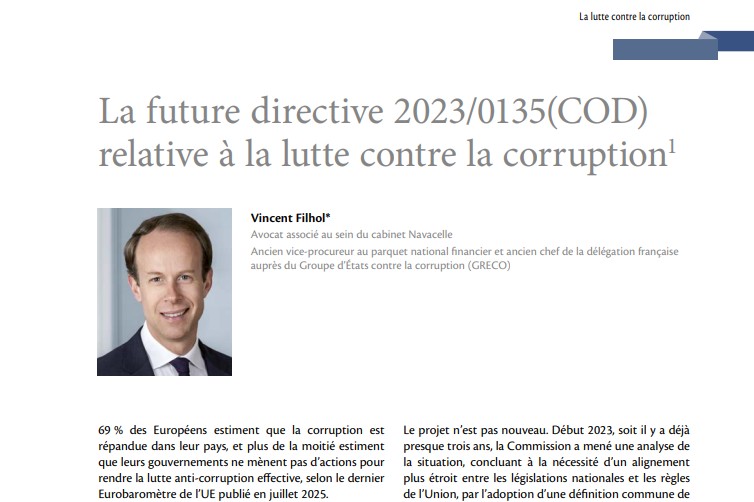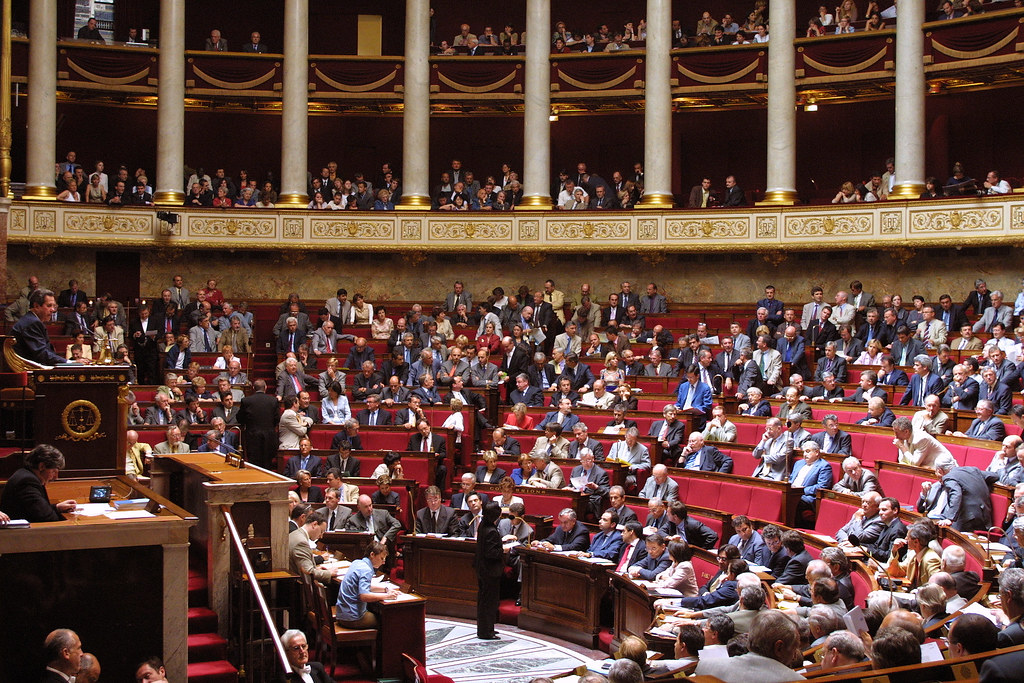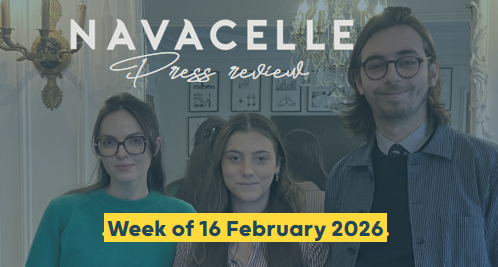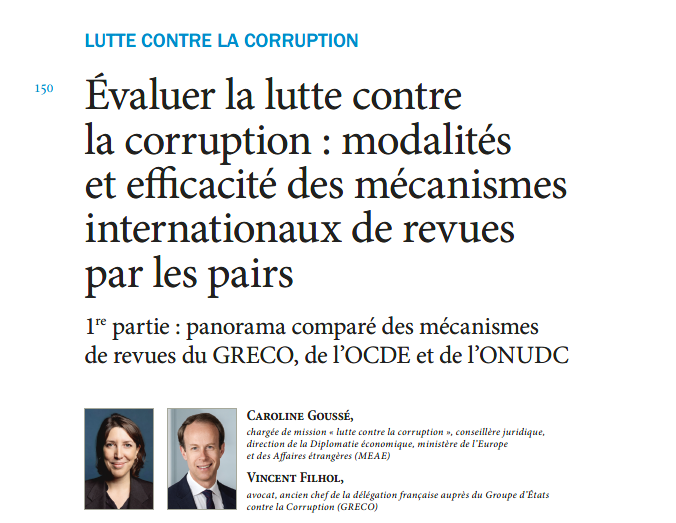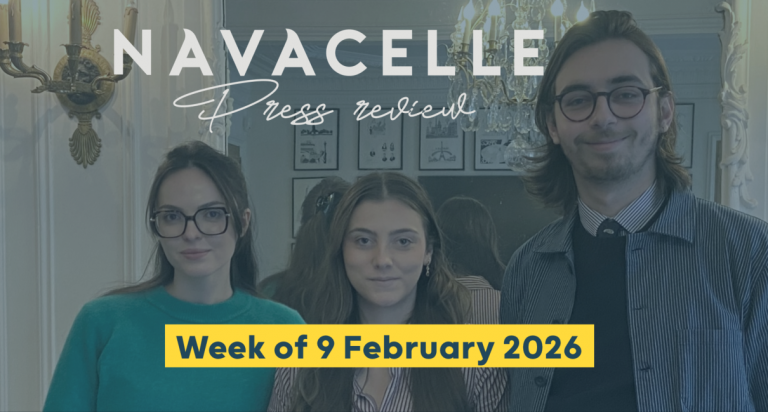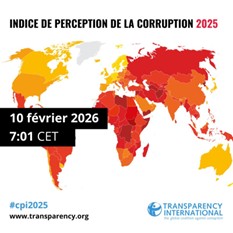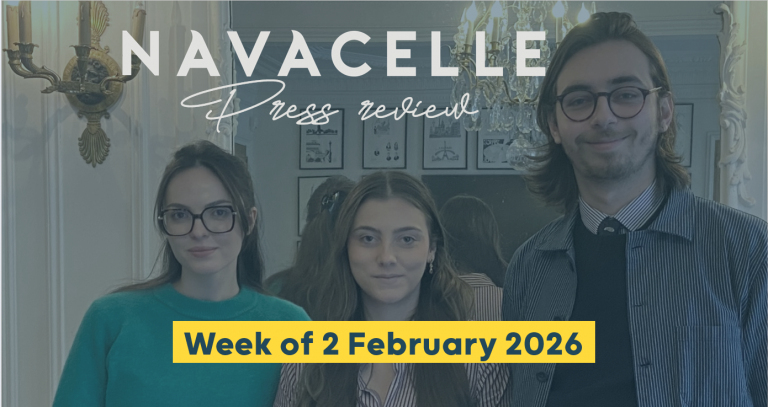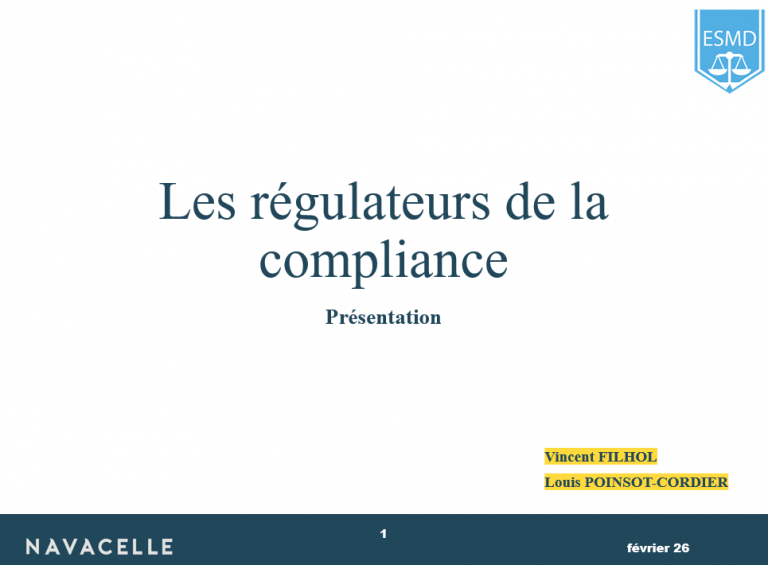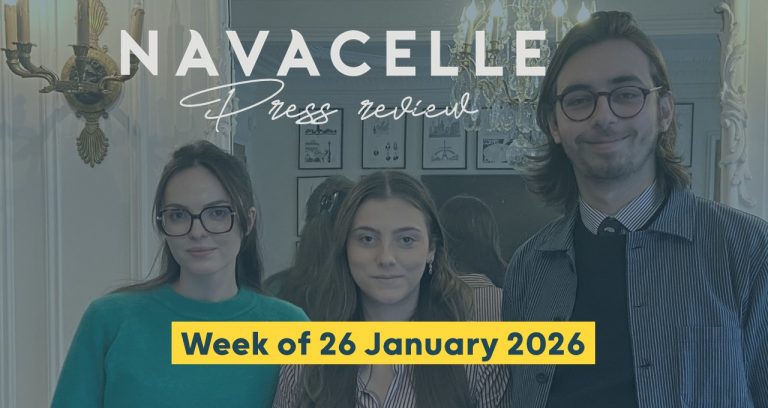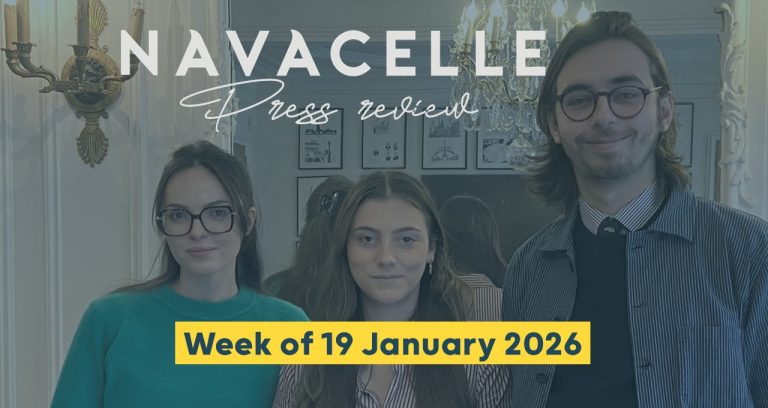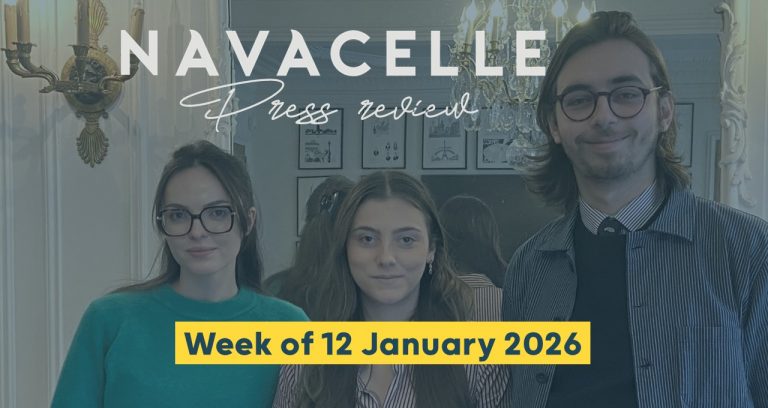The Coronavirus crisis has confronted judges, lawyers, clerks, and litigants with unprecedented difficulties, which have sometimes led to an acceleration of the digitalization of justice and in particular of criminal justice[i]. This can notably be witnessed with the issue of “video-hearings” in criminal proceedings.
To face the peculiar situations generated by the crisis, several texts were adopted aiming at adapting the rules of criminal procedure and those applicable to the criminal courts, including Order no2020-303 of 25 March 2020[ii] and Order no.2020-1401 of 18 November 2020[iii] which have proved to be quite controversial.
Article 5 of Order no.2020-303 provides for the possibility to use audiovisual means of telecommunication before all criminal courts, except for those dealing with crime cases, without needing to obtain the parties’ consent[iv]. Article 2 of Order no.2020-1401 provides for the very same possibility before all criminal courts, no distinction being made[v].
On 12 February 2021, the summary proceedings judge of the Council of State (“Conseil d’État”), highest French administrative court, judged that Article 2 of Order no.2020-1401, insofar as it allows the use of videoconferencing in criminal courts, without the parties’ consent and without subjecting this option to any legal condition or any precise criterion, seriously infringed the rights of defense[vi].
This decision is in line with that of 27 November 2020, in which the Council of State also suspended the possibility for the Assize Court, criminal court solely responsible for judging crimes, to impose videoconferencing under the same conditions[vii]. In view of the oral nature of criminal proceedings, the Council of State emphasized the fundamental need for the parties to the trial to be physically present during the closing arguments, particularly because the accused has a right to speak last[viii].
However, the decision only applied to the hearing of severe criminal cases, due to their complexity. To the contrary, the Council of State considered that for criminal matters involving a lesser category of crimes, the increased use of videoconferencing was “made necessary by the great practical difficulties encountered by prison administration in extracting prisoners, given the particularly heavy burden imposed by the current health situation, and by the fight against the spread of the pandemic within prisons and judicial courts”[ix].
Furthermore, the Council of State reminded that judges were supposed to assess whether such difficulties justify the use of videoconferencing considering the inmate’s health and the stakes of the hearing, and to ensure that the means of telecommunication chosen enable certification of the inmate’s identity and guarantee the quality of the transmission and the confidentiality of communication, especially when it comes to attorney-client privilege[x].
Finally, the Council of State indicated that using videoconferencing could help avoid postponing hearings, thus contributing to the respect of the right of litigants to have their cases heard within a reasonable time[xi].
And yet, a month later, the Council of State censored Article 5 of Order no.2020-303, providing for the possibility of video-hearings before all kinds of criminal courts, for its “unconventionality”[xii]. In this decision of 5 March 2021, it stated that, given the importance of the guarantee attached to the physical presentation of the accused before the court, the fight against the Covid-19 pandemic could not justify any infringement to the right to a fair trial guaranteed by Article 6 of the European Convention on Human Rights[xiii].
It must also be noted that the Constitutional Council, in charge of analyzing the conformity of the legislation to the French Constitution, had already ruled on the unconstitutionality of Article 5 of Order no.2020-303. While recognizing that such a provision pursued “the objective of constitutional value of health protection” and satisfied the “constitutional principle of continuity of justice functioning”[xiv], the Constitutional Council ruled that Article 5 of Order no. 2020-303 is unconstitutional because the judges’ decision to use audiovisual means of communication in criminal cases is not subjected to any legal condition or bound by any precise specific criteria[xv].
It stems from these various decisions that the question of whether imposing video-hearings complies with the respect of defense rights is a sensitive one, certainly still subject to differing views. Besides, the Covid 19 crisis has raised not only videoconferencing issues, but also issues related to the public’s access to hearings (Article 4 of Order no. 2020-1401)[xvi] and the extension of pre-trial custody periods (articles 15, 16 and 17 of Order no. 2020-303)[xvii].
The challenge lies in deciding whether the restrictions imposed on the normal functioning of justice sufficiently guarantee due process and fair trial rights and are justified and proportionate to the sanitary situation at the time of the hearing[xviii].
